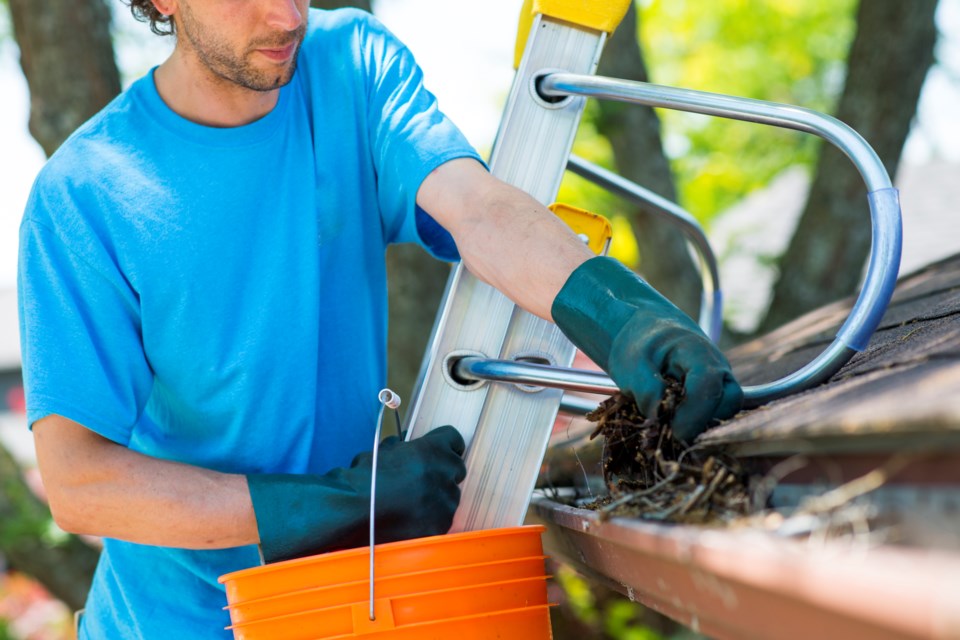This spring's early wildfires throughout Alberta, Ontario, Quebec, and Nova Scotia serve as a stark reminder of the growing threat posed by these destructive events.
With wildfires increasing in frequency and intensity, it's crucial to take proactive measures to safeguard your home and loved ones.
If you live in or near a forested area, it puts your home at risk, but it is possible to live safely during these natural events. Read on to learn about some useful steps you can take to help protect your home from Ontario fires.
Tending to Your Yard
Amid fire season, regular yard maintenance becomes paramount. Clear away any natural combustible materials from your property, including fallen leaves, dead branches, and debris. Mow your lawn diligently and prune any lifeless limbs from trees or shrubs, minimizing potential fuel for a fire.
Storage Smarts
Ensure combustible patio furniture and cushions are not left exposed on your deck or porch. Instead, store them in a detached garage or shed when not in use. For propane barbecue tanks, keep them as far away from your home as possible. Avoid storing firewood against your house, as it can fuel wildfires and invite insects into your living space.
Fire-Resistant Home Upgrades
If you're building or renovating your home in a wildfire-prone area, opt for fire-resistant materials for the exterior. Consider metal roofing, masonry walls, or fibre cement board for siding, which can significantly enhance your home's resilience. Installing triple-paned windows and fire-rated exterior doors adds another layer of protection against fire infiltration. When constructing a deck, choose non-combustible composite materials. For wooden fences, maintain at least a 1.5-meter gap or create a barrier using non-combustible materials like gravel, river rock, or patio stones to separate them from the house.
Preparedness for Evacuation
Stay vigilant by monitoring local emergency services for any evacuation orders. Keep your vehicle fuelled up and facing the street, ready for a swift departure if necessary. It's crucial to have an emergency bag prepared with essentials such as cash, passports, insurance information, medication, non-perishable food, water, a flashlight, and a first-aid kit. Before leaving your home, ensure all windows and doors are closed, and remember to turn off the propane or natural gas supply.
For further fire safety tips, visit firesmartcanada.ca and learn proactive steps to defend against wildfires and secure your homes for a safer future.




